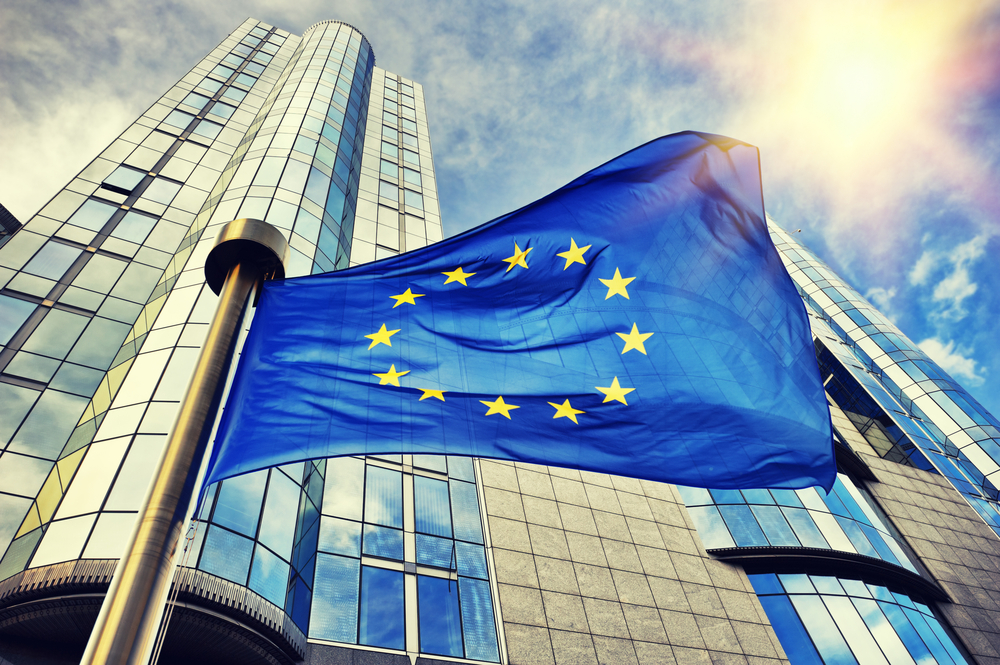The EU’s ambitious AI Act, initially proposed in 2019, is approaching a crossroads.
Negotiators are currently finalizing the details of the Act, a task that has become exceptionally complex with the rise of generative AI.
The meeting on December 6th is the last chance to reach an agreement on debated and contentious aspects of the Act before the end of the year. If an agreement isn’t reached, it’s possible that the Act won’t progress until September 2024.
“Rather than the AI Act becoming the global gold standard for AI regulation, there’s a small chance but growing chance that it won’t be agreed before the European Parliament elections next year,” expressed Nick Reiners, a tech policy analyst at Eurasia Group, a political risk advisory firm.
The EU AI Act was intended to establish the world’s first comprehensive AI regulations, expected to solidify the EU’s position as a global leader in tech legislation, as was the case with GDPR.
However, the negotiation process has been protracted and meandering, particularly surrounding general-purpose AI services such as ChatGPT, Bard, and Claude.
These models perform multiple functions, meaning they somewhat avoid a singular category. Simultaneously, regulations are deemed necessary to ensure accountability when companies integrate these models into their services.
Generative AI has thrown off the trajectory of the AI Act, particularly now as the US, UK, China, and numerous international coalitions and agreements are establishing their own patchwork of rules and regulations.
Suddenly, the EU’s intent to be a forerunner has become bogged down by the many devils lying in the details of AI models.
EU AI Act credibility in doubt
AI is an economic powerhouse, rejuvenating a sluggish Silicon Valley and awakening venture capitalists from their post-pandemic slumber. As such, regulation is not always welcomed, both by governments and AI companies.
Moreover, there’s concern that it’s simply too early for overarching laws on AI, and geopolitical tensions are muddying the waters.
Kent Walker, Google’s top legal officer, stated, “The race should be for the best AI regulations, not the first AI regulations.”
Even if an agreement is reached this week, it must secure the approval of the EU’s 705 lawmakers by April.
This is imperative to ensure that the legislation is in place before the block embarks on EU elections in June. The actual implementation of the law would involve a two-year transition period.
Dragos Tudorache, a Romanian lawmaker co-leading the European Parliament’s AI Act negotiations, candidly admitted, “We’re going to keep you guessing until the very last moment.”
The AI Act will undoubtedly change aspects of the AI industry, but when it’s likely to come into force remains tough to pin down.





